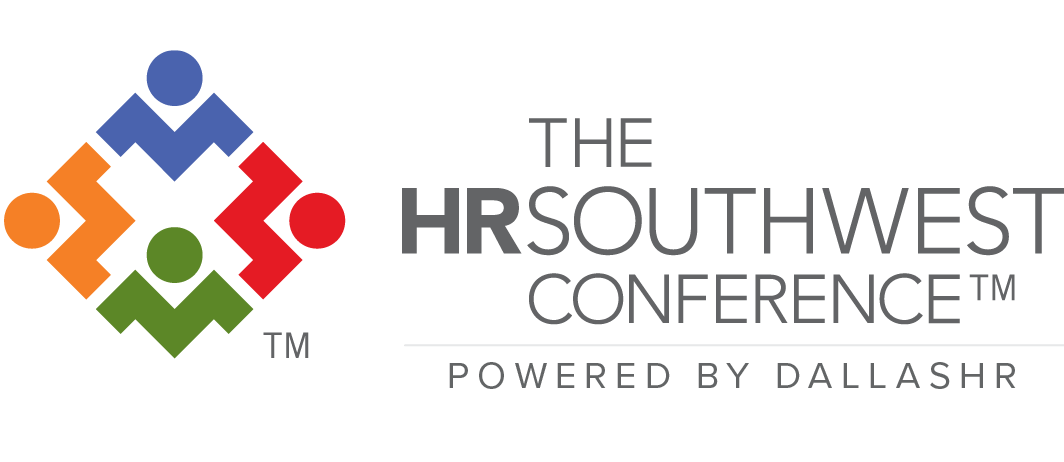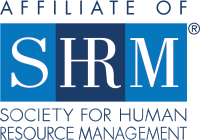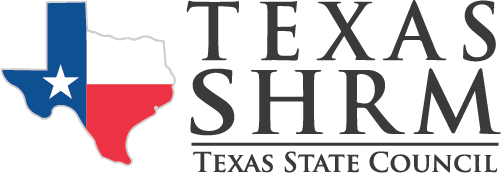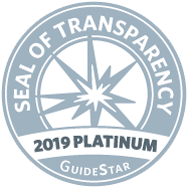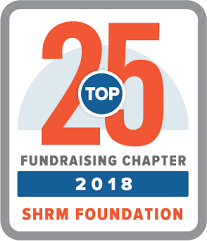
Dallas HR Webinars

Business Acumen & HR Strategy
Building general business knowledge, judgment and ability to understand and apply information to contribute to the organization’s strategic plan including the organization’s mission, vision, values, strategic goals and objectives; formulating policies; guiding and leading the change process; and evaluating organizational effectiveness as an organizational leader.
43 Results
-
Contains 3 Component(s), Includes Credits Recorded On: 10/29/2019
So you have been tasked with creating or refreshing the culture of your organization... what now? Where do you start? How do you get buy-in? Will employees care? Can this even make a difference? This session takes you through the journey from inspiration to creation and development to deployment. How do you create a system and a shared set of values that people will care about and believe in, and one which will ultimately change the organization as a whole for the better. Tall order but you can do it! This session will help you find your way! Learning Objectives: Begin the process to create core values; Obtain buy-in and support at all levels in the organization; Deploy and then reinforce the desired behaviors.
-
Register
- Non-Member - $34
- Member - $19
- More Information
-
Register
-
Contains 3 Component(s), Includes Credits Recorded On: 10/29/2019
Design of a new organization, reorganization of an existing group, or integration of groups, are some of the biggest events that take place in an organization. The effectiveness of the organization’s design and its implementation largely determines the organization’s business success. Yet HR is often involved late in the design process and misses the chance to add value and help get things right at the start. This session will define organization design, why it happens, how it can go wrong, why HR should be involved, and specific things that HR can do to make organization design more effective. Participants will learn why design of an organization is superior to unintentional evolution and how to measure success in organization design for the business and other stakeholders. Learning Objectives: Learn what organization design is and how it can succeed or fail; Understand why HR should be involved in the organization design; Recognize what HR can do to make organization design more effective.
-
Register
- Non-Member - $34
- Member - $19
- More Information
-
Register
-
Contains 3 Component(s), Includes Credits Recorded On: 10/29/2019
Business leaders are accountable for creating profitability, productivity, business impact, as well as lasting client relationships – this pursuit is a daily objective. What if you, as an HR leader, could show how strategically developing and engaging people can become a business driver that goes beyond a simple HR initiative? The best workplaces lean into Peter Drucker’s beloved quote, “Culture eats strategy for breakfast.” Business leaders often need help in seeing how to achieve this. This is where you come in, armed with productive, useful data. In this session, you’ll see research that shows how qualitative and quantitative business outcomes improve when ”people and culture work” is pursued in a smart, strategic, purposeful way. Take this information back to your leaders and be better equipped to gain buy-in and support to advance more people and culture-building initiatives at your workplace and demonstrate that it’s well worth the hours and dollars invested! Learning Objectives: Discover key business metrics that can be improved by strategic people and culture initiatives; Calculate (with a formula) the business cost of employee disengagement; Gain support and buy-in for building stronger business results through research-proven people and culture work.
-
Register
- Non-Member - $34
- Member - $19
- More Information
-
Register
-
Contains 3 Component(s), Includes Credits Recorded On: 10/29/2019
A multitude of social trends and technological changes have converged to create a new landscape of disruptions and complex challenges, requiring a completely different approach to business and governance. These “wicked problems” will only intensify moving forward. Thriving in this environment requires new types of thinkers in our organizations, people who can leverage the complexity around them to reframe wicked problems as “wicked opportunities.” Using a tangible and replicable framework, participants will learn how to leverage the landscape of complexity to form the basis of resilient HR strategy. You will work in small groups to create real-world innovations, including products, processes, strategies, partnerships, or services. Participants will discover how transformative innovation is a launching point for successful 21st century HR and organizational strategy. Learning Objectives: Learn about emerging trends in society, technology, economics, the environment and politics, and understand how to leverage the complexity presented by these trends; Develop organizational solutions to long-standing problems and grand challenges by viewing problems as opportunities; Discover how transformative innovation can form the basis of robust HR strategy.
-
Register
- Non-Member - $34
- Member - $19
- More Information
-
Register
-
Contains 3 Component(s), Includes Credits Recorded On: 10/28/2019
Leadership and HR in a family-owned business can be difficult. From succession planning for the next generation to hiring and managing practices that are fair and keep families in harmony, the HR professional in a family enterprise has more challenges than the average practitioner. With more than 80% of U.S. businesses family enterprises and the majority of those owned by aging entrepreneurs looking to transition the company in the next 10 years, understanding strategies to keep both the business and the family healthy are crucial if we are effective HR partners. The upside is providing solid HR leadership in a family business can be tremendously rewarding. Often HR practitioners in a family business are exposed to growth opportunities they might not see in a traditional corporate role. This session is specifically designed to address some of the unique challenges practitioners who work for family-owned enterprises face. This session will cover: Creating hiring, compensation and management policies for family members that are fair and consistent; understanding healthy governance for family business; top policies unique to a family-owned business that should be considered; and crisis management when family issues spill over into work. Learning Objectives: Understand the unique policies that can be important in a family owned business; Learn how to help owners "wear the right hand" as they function as shareholders, family members and employees; Look at how to develop leadership in family businesses, especially as they prepare for a future ownership transfer.
-
Register
- Non-Member - $34
- Member - $19
- More Information
-
Register
Per SHRM and HRCI recertification guidelines, online content is eligible for recertification credit for two years from date of capture. Content will expire based on the following schedule:
- 2019 Conference Expiration Date: October 31,2021
- 2018 Conference Expiration Date: October 1, 2020
| Access Date | Quiz Result | Score | Actions |
|---|
Instructions for Signing In
Please sign in to the Online Learning Center with your DallasHR.org Username and Password. All attendees of the HRSouthwest Conference have credentials to sign in, even if you've never signed into the DallasHR website. Click "Log In" above and then choose "Forgot my Username". Enter the email address used to register for the conference and you'll receive instructions from info@dallashr.org
Question? Please email education@dallashr.org

